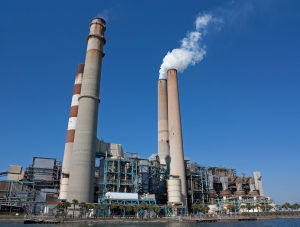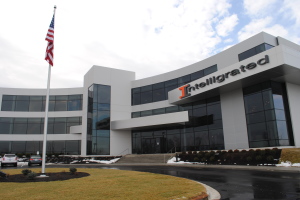This paper develops a method to investigate the effects of technical change on marginal abatement costs (MAC). This was the second chapter of Maethee Mekaroonreung Ph.D. dissertation. The research was motivated by a paper by Erin Baker that suggested that technical change does not always reduce MAC. In their analysis they made parametric assumptions to investigate a variety of models relating technical change and MAC. In this paper we used nonparametric methods to investigate this question for boilers in coal fired power plants. We find that while technical change reduces MAC, non-technical change related to changes in abatement input costs, production input levels, and pollutant level change is a larger effect. So the investment and installation pollution abatement equipment has lead to larger MACs.
Abstract
The literature usually assumes that technical change reduces marginal abatement cost; however, recent results suggest that precisely the opposite occurs. This paper proposes a nonparametric method to determine the effect of technical change on marginal abatement cost. The method decomposes NOx marginal abatement cost changes in 2000–2004 and in 2004–2008 for 325 boilers operating in 134 U.S. bituminous coal power plant into technical and non-technical change effects. We find that technical change reduces the NOx marginal cost about 28.3% in 2000–2004 and 26.5% in 2004–2008. However, more stringent regulations enacted the NOx budget program results in lower NOx emission levels as plant operators install more advanced NOx abatement equipment which in turn causes an overall increase in marginal abatement cost.


